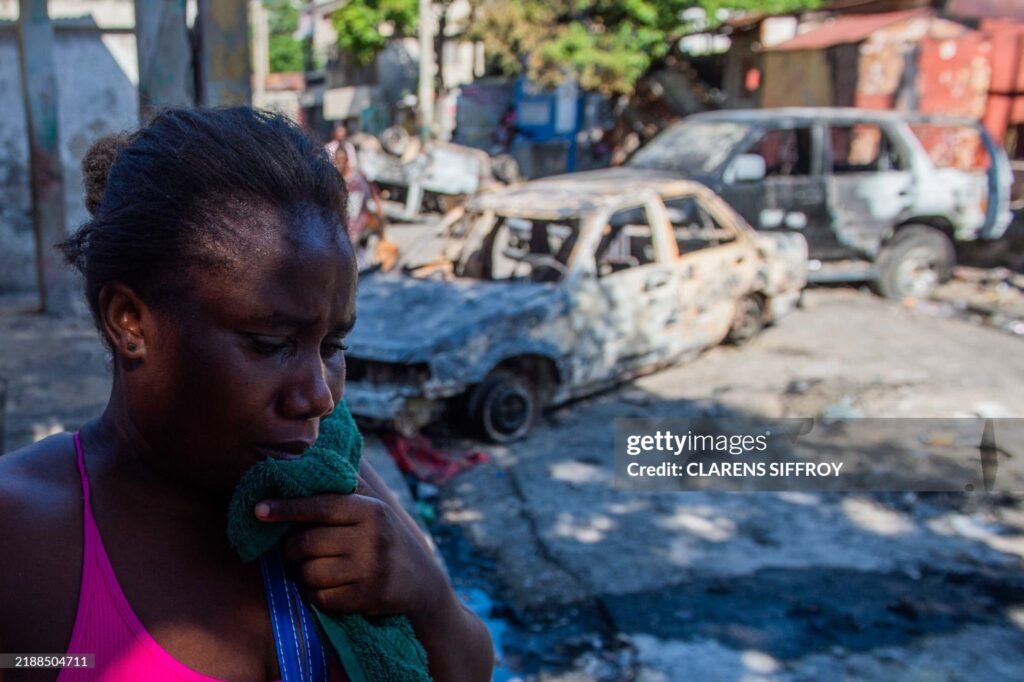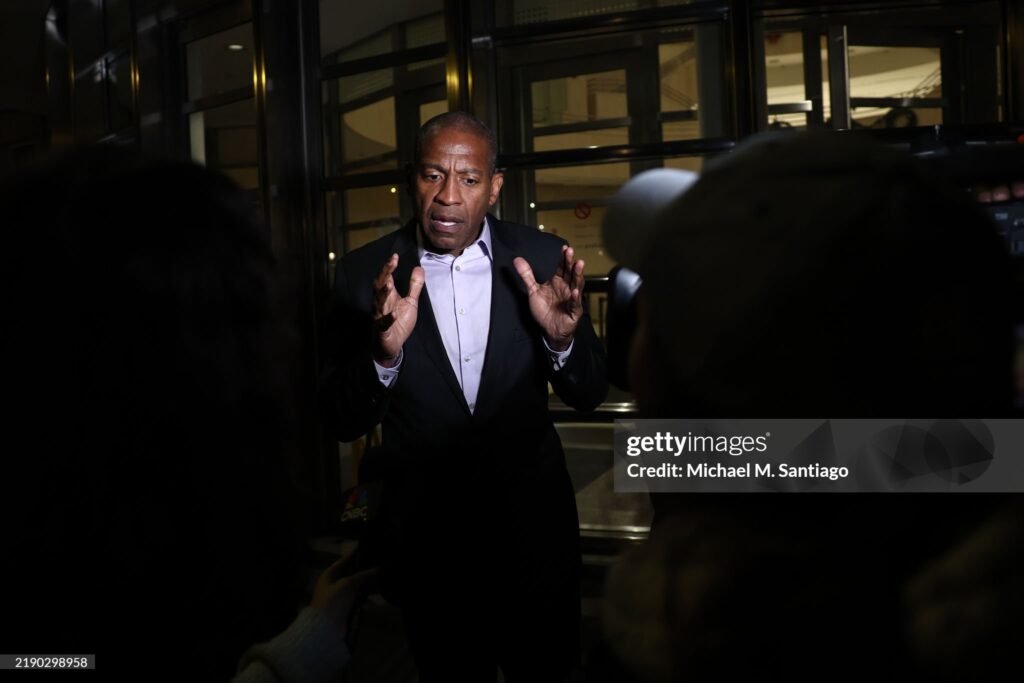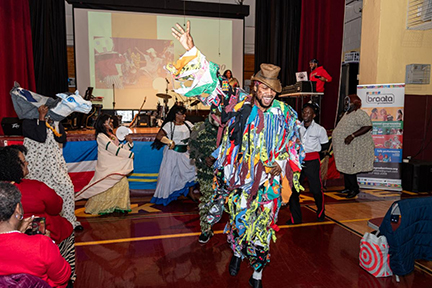

News Americas, New York, NY, December 10, 2024: Haiti is grappling with one of its most brutal massacres in recent memory after more than 180 people were killed in Cité Soleil, a poverty-stricken area of Port-au-Prince, over the weekend in what is being deemed a “voodoo killing.”

According to the United Nations and local human rights groups, the killings were driven by claims of Voodoo-related witchcraft and carried out by gang members under orders from a local leader. The National Human Rights Defense Network, (RNDDH), reported that the massacre was orchestrated by Monel Felix, also known as King Micanor, after a priest told him that Voodoo had caused his son’s fatal illness. The killings, which began Friday night in Wharf Jérémie, targeted older Voodoo practitioners, with nearly 130 of the victims aged over 60. The slaughter, described as a personal vendetta, involved machetes and knives, and many bodies were burned or discarded into the sea, according to eyewitnesses and rights organizations.
The violence underscores Haiti’s deepening crisis as rival gangs continue to terrorize communities with impunity. The UN High Commissioner for Human Rights, Volker Türk, called the killings a reflection of the country’s “accelerating spiral into the abyss.” Rights groups noted that the lack of a police presence in gang-controlled areas like Wharf Jérémie delayed the reporting of the atrocity.
Cité Soleil residents described horrific scenes, with entire families killed in their homes. “In some houses, five or six people were murdered,” said one resident, who requested anonymity for fear of retribution. The RNDDH also noted that young people, including motorcycle-taxi drivers trying to help others escape, were among the victims.
Prime Minister Alix Didier Fils-Aimé condemned the massacre, calling it a “direct attack on humanity and the republican order.” He pledged that the government would use “every resource” to bring those responsible to justice. However, the government’s capacity to act remains limited, with gangs controlling vast swaths of the capital and other regions.
The violence in Haiti has claimed more than 5,000 lives this year and displaced over 700,000 people, according to the United Nations. Despite the presence of a UN-backed Multinational Security Support Mission, composed largely of Kenyan police officers, gang violence has continued unabated.
International human rights advocates are calling for increased resources and expanded operations for the Kenyan-led mission, including transitioning it into an official UN peacekeeping operation. However, resistance from veto-wielding countries like Russia and China at the UN Security Council has stalled the proposal.
The massacre highlights Haiti’s urgent need for stronger international support to address the escalating gang crisis and safeguard vulnerable communities. As violence surges, calls for global intervention grow louder.
Related News

Jamaican-American Ozy Media Co-Founder Gets Almost A Decade In Jail

Caribbean Christmas Market Returns To NYC This Weekend

8 Key Facts About Trump’s First Caribbean Ambassador Nominee


